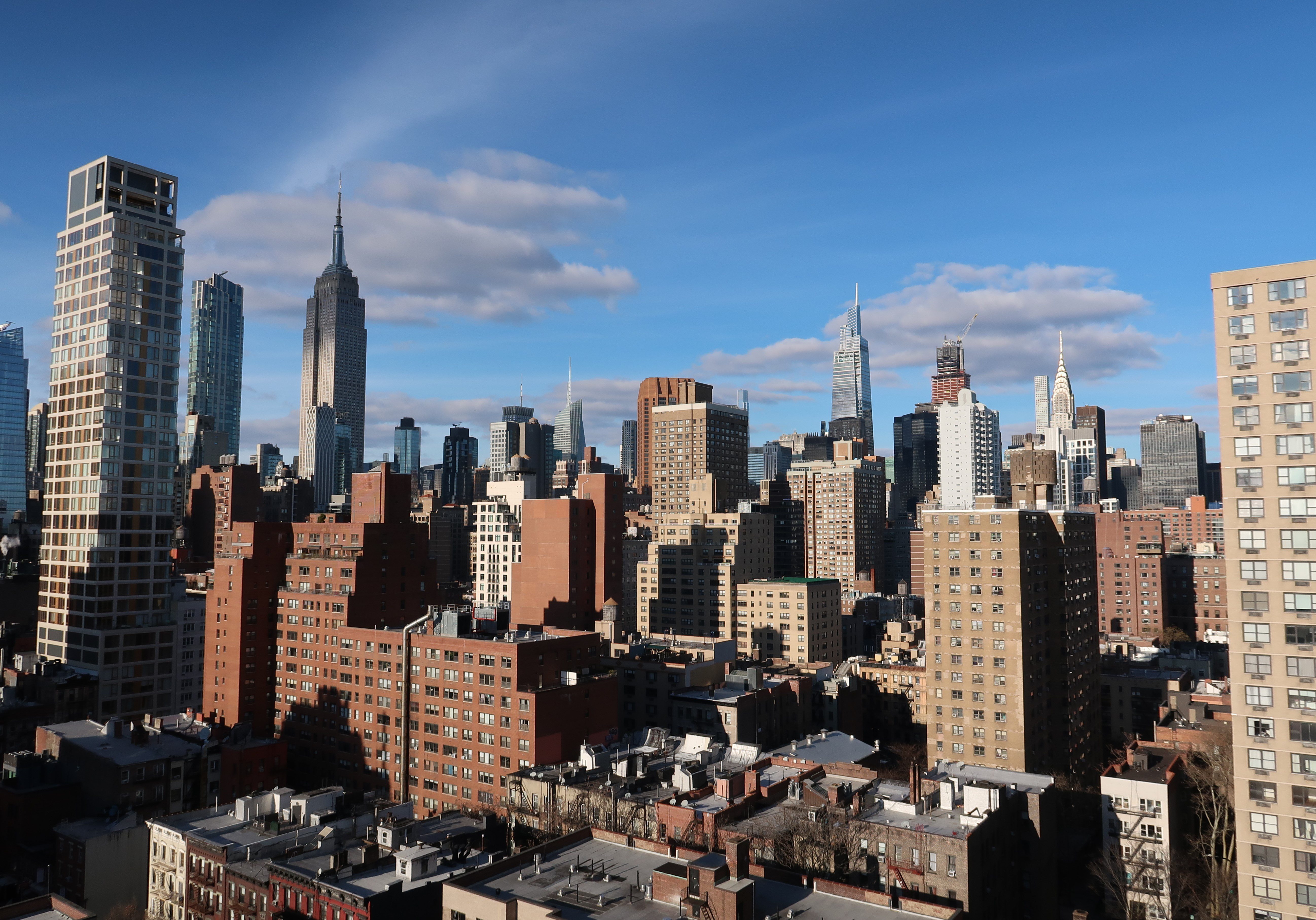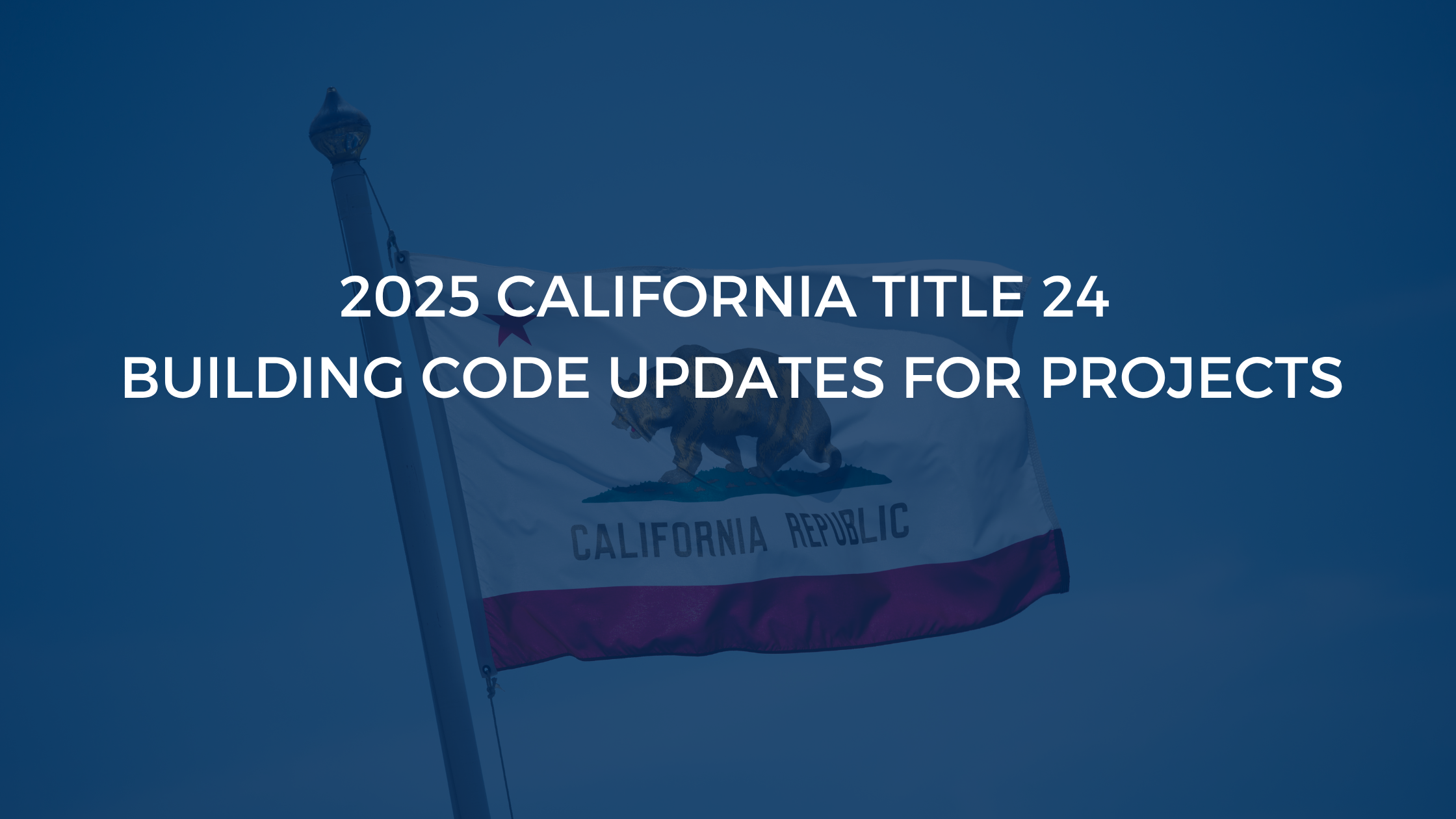On March 12, 2014, there was a gas explosion at 1644 – 1646 Park Avenue in Manhattan. The result of that explosion caused the death of 8 people, and more than 50 injured. A subsequent gas explosion occurred on March 26, 2015 at 121 Second Avenue, Manhattan, resulting in 2 dead and 22 injured; approximately 250 fire fighters were involved. In addition, the fire that resulted from that explosion destroyed three buildings. A third gas blast occurred on August 21, 2015 at John F. Kennedy High School in the Bronx where 3 workers were injured.
As of a result of these three incidences, as well as a number of other incidences that have occurred over the years, the Mayor’s office, along with the City Council, the Department of Buildings, the Fire Department, and the construction industry at large, reviewed the regulations and procedures governing gas piping permitting and installation. Accordingly, a series of Local Laws were then promulgated that affect gas piping permitting, installations, and inspections.
Allow us to introduce you to Local Laws 150 - 154 and Local Laws 157 - 159....
LOCAL LAWS 150 - 154:
Local Law 150 (effective December 6, 2016) amends the Administrative Code by adding Article 423 to establish the qualifications for individuals performing gas work. Essentially, this local law limits such work to either a Licensed Master Plumber (LMP) or DOB-qualified persons who are continually supervised by an LMP.
Local Law 151 (effective January 1, 2018) amends the Administrative Code, Sec. 28 – 116.2.4 – Final Inspections to add a new section Sec. 28 – 116.2.4.3 to require that the final inspection for gas piping must be performed by the Dept. of Building in the presence of the permit holder (the Licensed Master Plumber), or the registered design professional of record for the application, or the superintendent of construction. The gas inspection cannot occur until such time as all other work authorized under the building permit is complete. If any defects are noted during the inspection, all such defects must be corrected, and the work must be deemed in substantial compliance with approved drawings; a final inspection report is to be maintained with the Dept. of Buildings.
Local Law 152 (effective January 1, 2019) amends the Administrative Code by adding a new provision, Sec. 28 – 318.1, that requires periodic inspection of existing gas piping system in all buildings except for occupancy group R 3 (mostly one and two family dwellings).
- A property owner of a building with no gas piping must submit a certification by a registered design professional attesting that the building does not have gas piping.
- The frequency of periodic gas inspections is to be established by the Dept. of Buildings via the rules process. Exemptions exist for public utility companies, and new buildings are required to perform the gas inspection on the 10th year anniversary of the issuance of a Letter of Completion, Temporary or Final C of O or the date of completion as determined by the Dept. of Buildings.
- The gas inspection must be conducted by a Licensed Master Plumber (LMP) or a Dept. of Buildings qualified individual under continuing supervision of the LMP. The gas inspection is comprehensive in nature and covers all aspects and conditions of the gas piping within the building. The law also dictates that within 30 days after the gas inspection, a report must be submitted to the DOB along with a certification by the LMP stating that the gas system in the building is according to code and safe.
- If defects are noted with the 30 day submission to the DOB, the owner has 120 days from the inspection date to submit either a report to certify all defects have been corrected, or one that states such other work is needed to be done in addition, and that more time will be necessary. However, submissions cannot carry on more than 180 days from the date of the inspection; final certification of the correction of all defects must be submitted before that time.
- If there are specific conditions identified as a result of the gas inspection; such as a gas leak, an illegal connection, or a non-Code compliant installation, or a hazardous condition as determined by a utility company or the LMP; the owner of the property must take immediate action to correct and inform the DOB and the utility company as mandated.
Local Law 153 (effective June 6, 2017) amends the Housing Maintenance Code by adding a new sub-section to Sec. 27 – 2005, which requires the notification and posting of instructions related to what procedures residential tenants must follow in the event of a gas emergency. The local law requires the public posting of a written notice a common area, inside of the building, and a written notice to be given to a tenant at the time or leasing or lease renewal.
Local Law 154 (effective March 6, 2017) amends the Administrative Code by adding a new provision, Sec. 28 – 119.4, which requires that both the utility company and the property owner must notify the DOB within 24 hours of having the gas service shut off for a building due to a hazardous condition.
LOCAL LAWS 157 - 159
Local Law 157 (some portions are effective immediately, others are subject to DOB rulemaking) repeals and amends both the Housing Maintenance Code, Secs. 27 – 2045, 27 – 2046, 27 – 2046.1 and 27 – 2046.2 and the Administrative Code, Article 312 to address the mandatory installation of carbon monoxide, smoke and natural gas alarms for residential occupancies.
- The work in violation was completed before April 5, 2017 and the penalty fees have not been paid off
- The applicant applies for a permit to resolve the improper work after April 5, 2017 and before October 5, 2017
- The application is signed off within one year from the day the permit is issued
Local Law 159 (effective as of March 6, 2017) amends the Administrative Code, Sec. 28 – 201.2.1, adding items 17, 18 and 19 to designate violations for gas piping systems as immediately hazardous (Class 1). This requires building owners to take immediate action and correct gas piping defects to avoid additional penalties.
The above cited local laws establish long overdue regulatory oversight for a dangerous, potentially life threatening and unfortunately common activity in NYC. The intent of the new regulations is to put enough checks and balances in order to prevent future gas explosion incidences. Promoting awareness and education regarding the proper way of securing licensed or qualified personnel for gas piping work in NYC means a big step forward in protecting both life and property.



-3.png)


